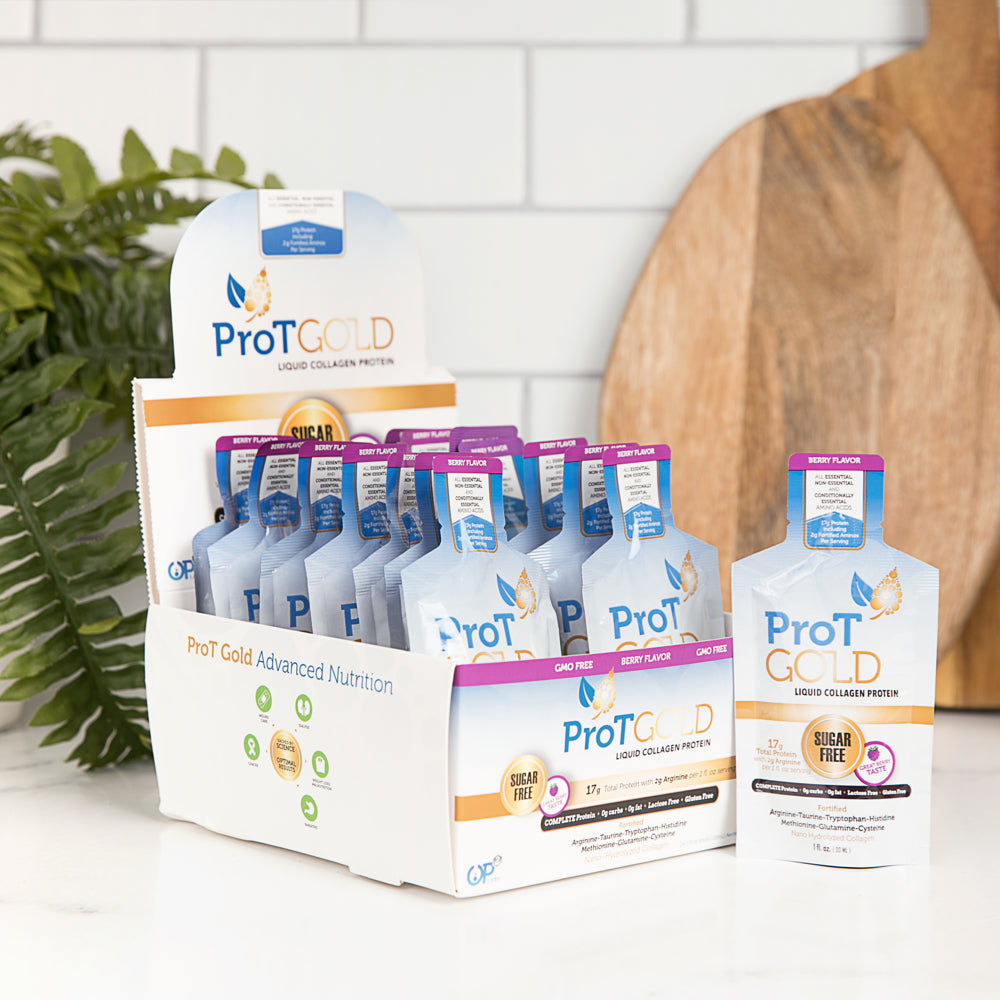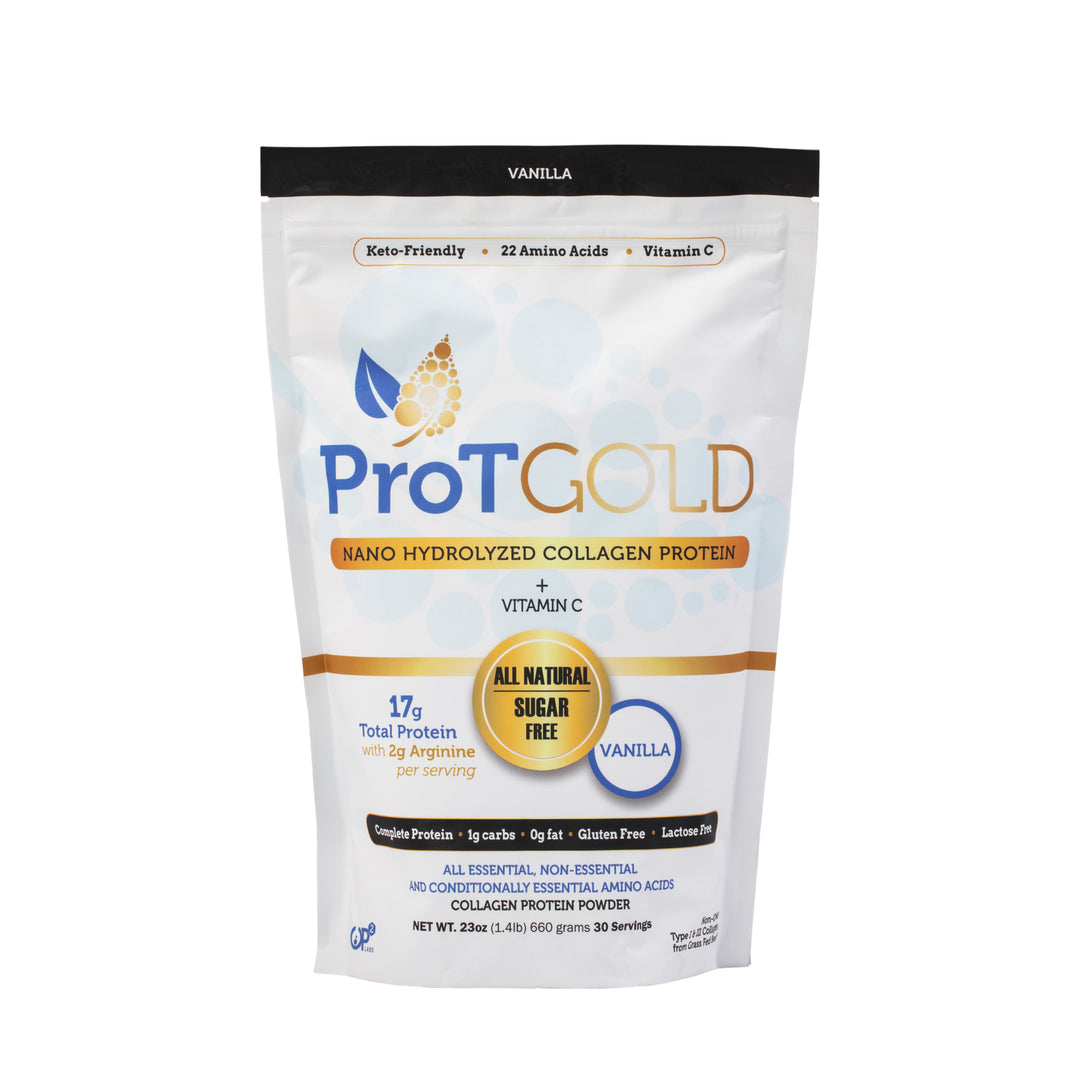Wound Care at Home: Do's & Don'ts for a Speedy Recovery
Knowing effective strategies for wound care at home is essential for patients who have undergone surgery - and their caretakers! The path of post-surgery recovery isn't always a smooth one, but with the proper wound care solutions, you'll be back on your feet in record time.
It's important to remember that everyone's body is different, and we heal at different rates.
It's vital to listen to what your body is telling you, as well as the advice from your doctor. But, while every surgical recovery case is unique, there are certain methods and approaches that everyone can use to ensure a proper recovery.
To ensure your wound care at home goes as smoothly as possible, let’s go through a list of things you should and shouldn’t do during post-surgery wound care.
Do’s and don'ts for wound care at home
Here is a list of do’s and don’ts to help your wound care at home go as smoothly as possible.
DO: Keep your wound clean
The skin around your wound will be very sensitive while it is healing.
Cleaning your wound should be a careful process to ensure your own comfort and to avoid trauma to the wound itself. The most common post-surgery complications involving infection can often be avoided by cleaning a wound and properly caring for it.
Your doctor should have provided specific instructions on how to clean your post-surgery wound. However, these general guidelines should allow you to clean your wound effectively and efficiently during wound care at home.
You should:
-
Leave the wound untouched for 48 hours after surgery
-
Use tap water or shower (after 48 hours)
-
Use an aseptic, non-touch method for changing dressings
-
Use hydrogels, hydrofibers, alginates, or soft silicone
- If you need to clear debris from the wound, use a syringe with warm water or saline for gentle irrigation
DON’T: Put alcohol on your wound
You may be wondering: “Can you put alcohol on wounds to keep them clean?” And the answer is no.
Using disinfectants and antiseptics like alcohol, hydrogen peroxide, or iodine can dry out and damage the healthy skin cells around the wound. This will set back your wound healing process even further.
DO: Stay active post-surgery
You will need to find a delicate balance with your activity during post-surgery wound care at home. You need to be cautious because if you move around too much, your wound could reopen. But you also want to keep your body moving and that blood circulating.
Finding a routine that allows you to continue to be active can help promote healing.
Additionally, it could help you maintain physical and mental strength. After all, sitting around all day can take a toll on your mental health as well.
As with wound cleaning, it is vital to come up with an activity or exercise routine with your physician. You may be able to adjust movements on a personal level, but seeking a professional opinion on physical activity during your wound care at home will ensure that you do not worsen the injury.
Staying sedentary is very tempting, especially if you are in pain. We get it - it can be easy to want to lay in bed for a few weeks as you heal.
But this can damage your overall health.
Work with your doctor and physical therapist to develop a balanced and personalized exercise routine that promotes healing during your entire recovery process.
DON’T: Soak the wound
During wound care at home, it’s important not to soak your incision until it is fully healed. Try to avoid baths, swimming, or using a hot tub, as these can make the wound area too wet and promote the spread of bacteria.
You can take a shower once your doctor gives you the green light. Just try to keep the wounded area as dry as possible, and don’t scrub it in the shower.
DO: Eat a wound-healing diet
Along with rest and recovery, one of the best things you can do for wound care at home is eat a post-surgery diet.
What we eat and drink is directly correlated to the nutrients and fuel our body uses in post-surgery recovery. During wound care at home, you should put extra focus on constructing a sustainable and beneficial diet.
Foods that boost your immune system should be at the top of the list. For proper wound care, you need to avoid infections and other forms of illness that could compromise your immune system.
Some foods that may naturally boost immunity include:
- Citrus fruits
- Berries
- Bell peppers
- Ginger
- Leafy greens (especially spinach)
- Broccoli
- Turmeric
- Almonds
- Garlic
- Green tea
- Tropical fruits (papaya, kiwi, mango, etc.)
Most of the foods on this list are there because of their high concentration of vitamin C. However, many of these whole foods are packed full of other vitamins, minerals, and antioxidants that help us fight off infection.
Some of the foods listed, like turmeric and papaya, have also been shown to potentially decrease inflammation, which may even be a natural way to ease some pain after surgery.
DON’T: Eat inflammatory foods
While there are many foods that promote wound recovery, there are also foods that can be detrimental. The most important thing to remember at any time in our daily diet is that whole-foods, plant-based diets tend to help us maintain the healthiest lifestyles.
Not only should we be looking for anti-inflammatory foods (or ones that are high in vitamins), we should also be aware of foods that can cause inflammation, constipation, high blood pressure, or clogged arteries.
Here are the top foods to avoid post-surgery:
- Red meat
- Highly processed foods
- Refined grain and sugars
- Candy and fast food
- Sodas and sugary juices
- Alcohol
- Fried foods and chips
The common theme shared by all of these foods is that most of them are not very natural. They are high in sugar, cholesterol, and saturated fats. These are all the types of foods that can easily cause inflammation and throw off even the most balanced diets during wound care at home.
While animal products are a natural way to get collagen in our foods, red meats are often the most difficult to digest. Plus, they tend to promote high blood pressure and are very high in saturated fats.
If you must eat animal products, choose fish and shellfish as they will have more minerals like zinc and should be less harmful to your health during wound care at home.
DO: Keep an eye out for possible complications
In order to understand if your wound is healing correctly, you need to know the signs of a healing wound – and also the warning signs to look out for.
Getting through the wound healing process may seem straightforward enough, but complications can happen during wound care at home.
The most common is infection.
Warning signs of possible complications include:
- Increased or sudden pain
- Redness, swelling, and throbbing
- A fever (100+ F for 4+ hours)
- Unusual discharge and/or oozing of pus
- Increased or changing discharge that is green, thick, tan, or yellow
- Bleeding that you cannot stop
- An offensive odor
- The wound is visibly larger
- The wound area looks dried out or dark
If something doesn't seem quite right or your wound reopens (which is quite common), it is best to consult your physician before you do anything else. While the internet can be a useful resource, it is best to trust your doctor when it comes to proper wound care at home.
DO: Speed up your healing with collagen
Food isn’t the only tool for improving the healing process. You can also look into wound healing supplements.
One of the best supplements for speeding up wound healing is collagen. That’s because collagen protein is what your body uses to create new tissue fibers after injury.
While our bodies naturally produce some collagen, our collagen production dramatically slows down after the age of 25. And, if you’ve just undergone surgery, your natural stores of collagen may be even lower.
Eating foods that contain collagen (or promote collagen production) can be helpful during post-surgery healing. But to truly fast-track your results, using a supplemental form of collagen that is more bioavailable will be much more effective.
Doctors have used collagen for wound healing for years, but you can easily make it a part of your wound care at home.
Speed up your post-surgery recovery
Everyone’s post-surgery recovery is going to look a bit different. The good news is that there are wound care solutions we can include in our plan for wound care at home to ensure effective and efficient healing.
Choosing the appropriate collagen supplement is one of the easiest ways to help your body through the wound-healing process.
Not all collagen supplements are made the same, because most supplements aren’t FDA-regulated. If you want a safe, effective, and FDA-regulated supplement, you want to look for medical-grade collagen. This is trusted for use in over 3000 medical facilities.
At ProT Gold, our medical-grade collagen supplement is nano-hydrolyzed for full absorption in just 15 minutes or less. It also comes in liquid form, so you can take it whenever you need to and you don’t have to mix it with anything.
Many doctors recommend our collagen as a top wound care solution for speedy post-surgery recovery. If you have a surgery coming up - or are currently in recovery - consider adding ProT Gold to your post-surgery diet.
FAQs about wound care at home
Here are answers to some of the most common questions about wound care at home:
What is the fastest way to heal wounds at home?
If you want to know how to heal wounds faster, your routine for wound care at home should consist of: keeping the wound clean, covering it with a sterile bandage, regularly changing the dressing, maintaining a balanced diet, and taking a daily collagen supplement.
What are the 5 rules of wound care?
The five rules of wound care are to clean the wound, stop bleeding, apply an ointment, cover with a sterile dressing, and keep the wound moist. Follow these steps to promote optimal healing and prevent infection.
Do wounds heal faster covered or uncovered?
If you’re wondering: Do wounds heal faster covered or uncovered?” The answer is “covered.” A sterile dressing protects the wound from dirt and bacteria, maintains a moist environment conducive to healing, and reduces the risk of infection.
It's essential to change the dressing regularly to avoid trapping harmful microorganisms.
What is the best thing to put on a wound?
The best thing to put on a wound is an over-the-counter ointment like Neosporin or Polysporin. These ointments help prevent infection, keep the wound moist, and create a barrier against external contaminants. Apply a thin layer and cover with a sterile bandage for optimal healing.
Why isn't my wound healing faster?
If you notice your wound not healing, there could be several factors at play, such as underlying health conditions, poor blood circulation, smoking, and inadequate nutrition. If your wound isn't healing, consult a healthcare professional to identify and address any potential issues.









